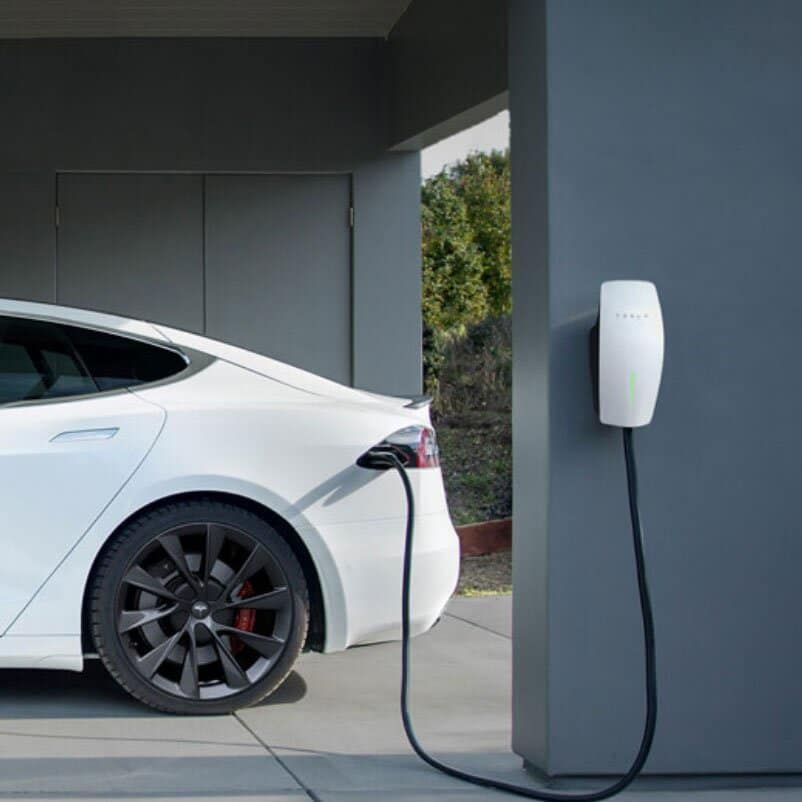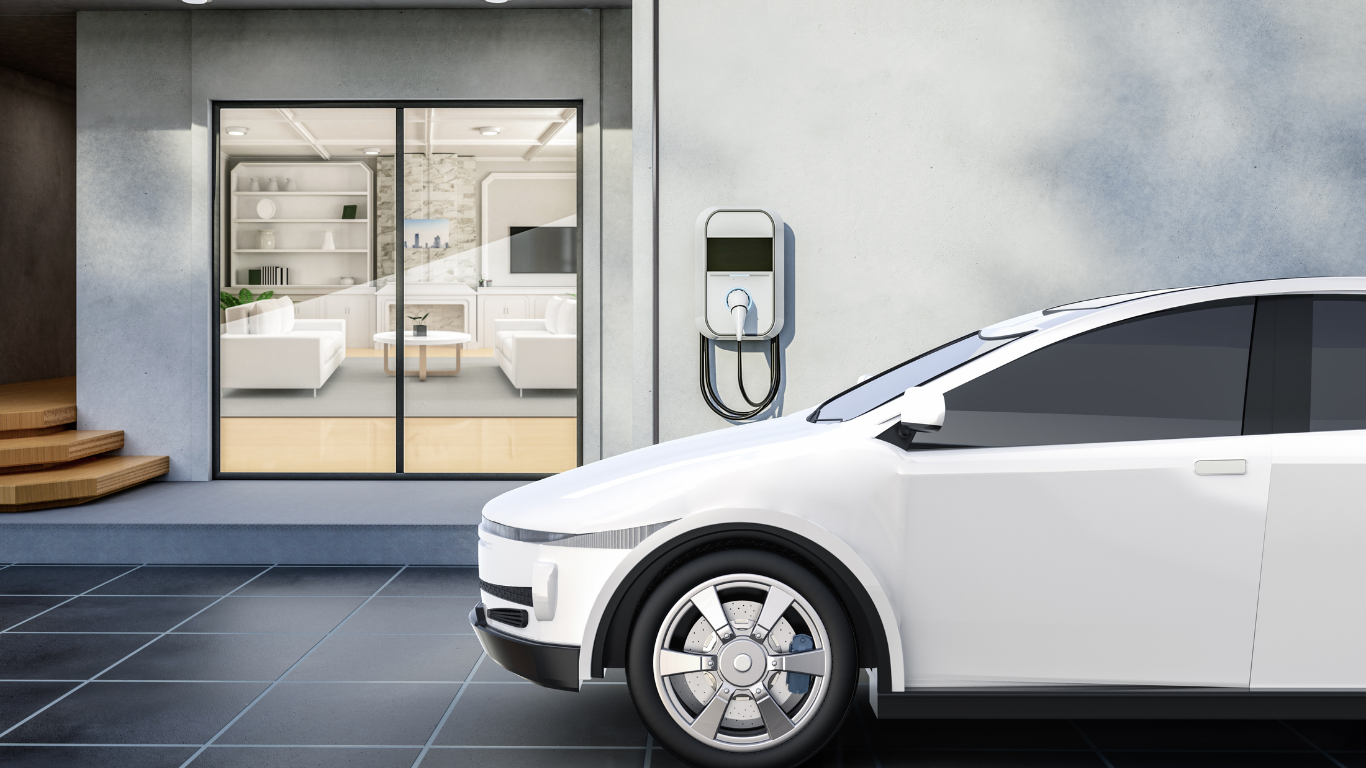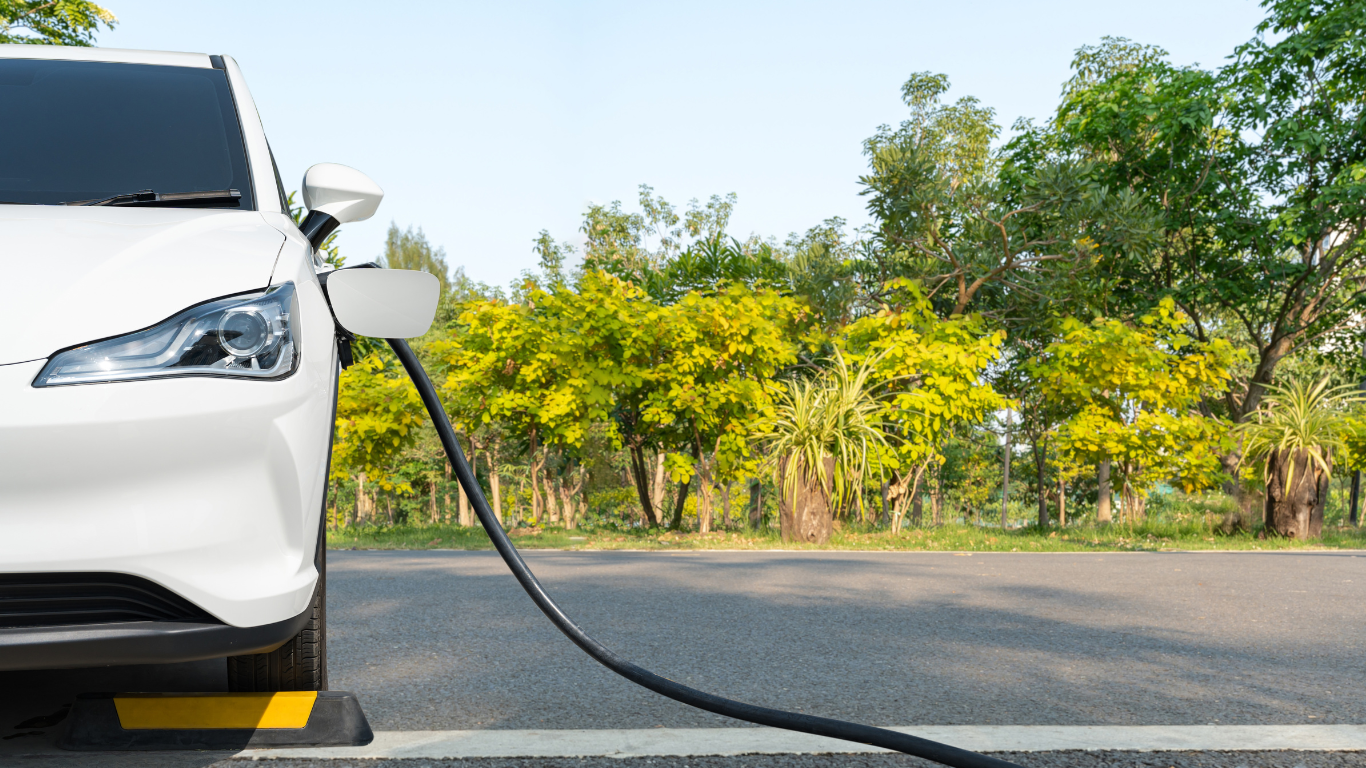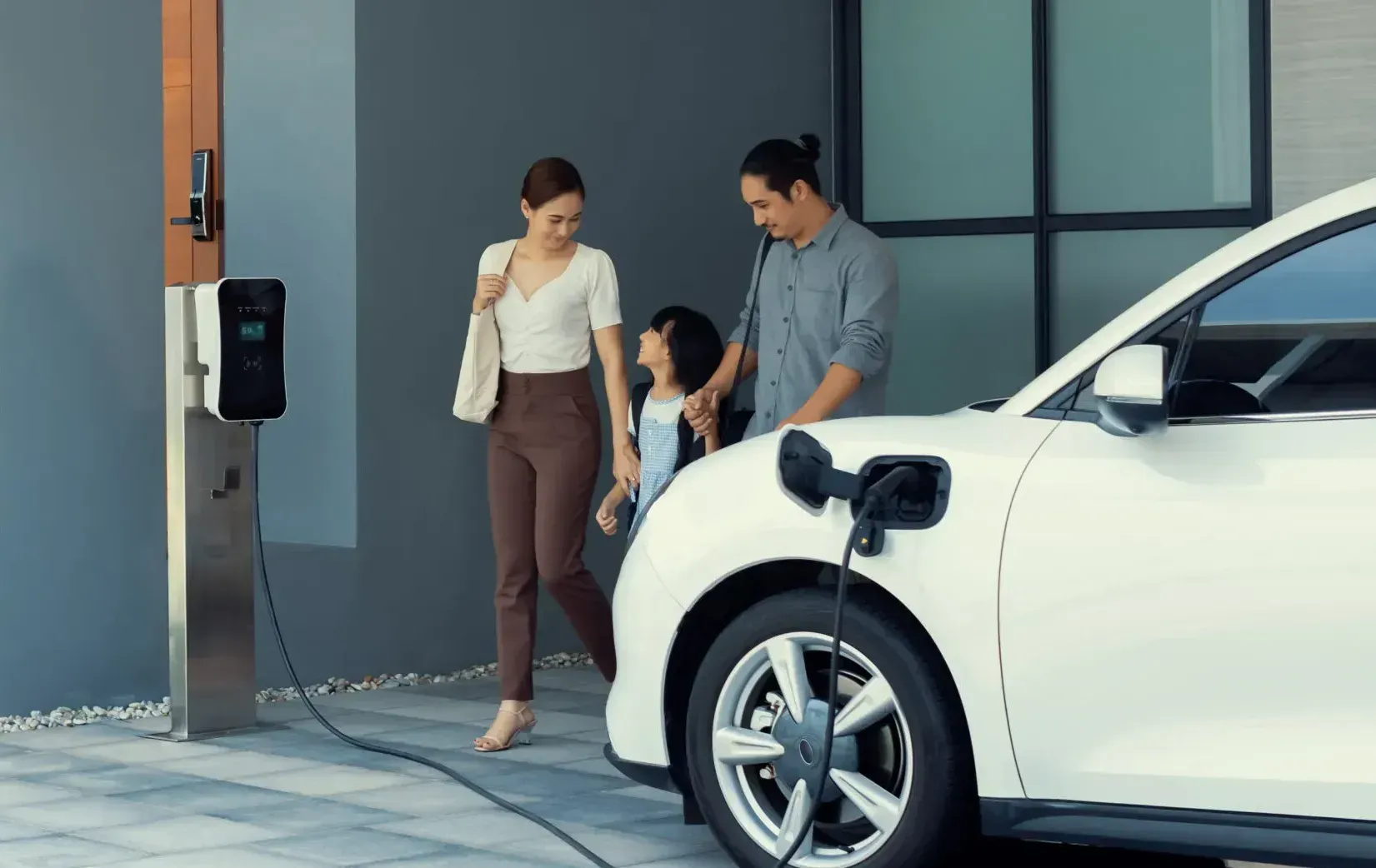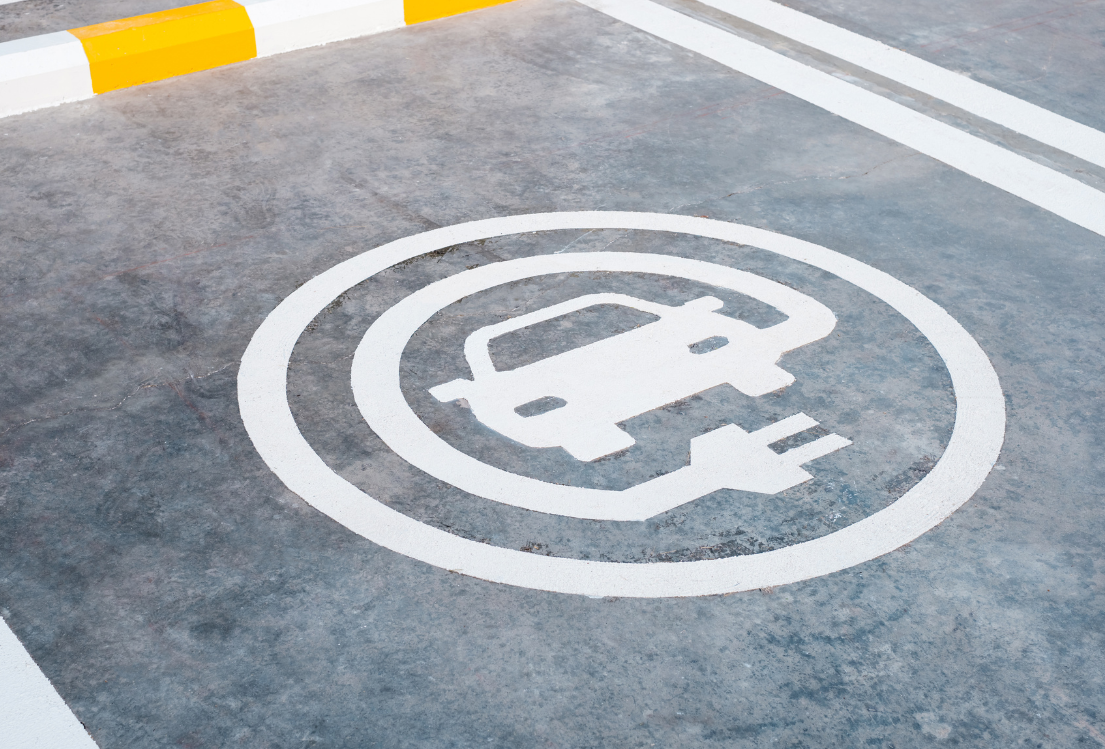The Importance of Licensed Installers: Why You Shouldn’t DIY Your EV Charger
Why Professional EV Charger Installation is Essential for Safety and Reliability

Table of Contents
Introduction
As electric vehicles (EVs) grow in popularity, many homeowners are considering installing EV chargers to enhance convenience. However, there’s a widespread misconception that installing an EV charger is a simple DIY project. While this approach may appear cost-effective initially, it can lead to serious safety hazards, non-compliance with local codes, and costly mistakes.
This guide explores why hiring a licensed installer is essential for EV charger installation. From safety considerations to ensuring compliance, selecting the right equipment, and protecting warranties, we’ll highlight the key reasons why professional services are the way to go. Let’s delve into why cutting corners with DIY installations isn’t worth the risk.
1. Safety First
Understanding Electrical Risks
EV charger installation involves working with high-voltage electricity, which requires specialized knowledge and tools. Mistakes during installation can lead to significant risks, including:
- Electrical Fires: Incorrect wiring or overloading circuits can cause overheating, resulting in fire hazards.
- Electrocution Risks: Handling live wires or improperly grounding the system can lead to severe injuries or even fatalities.
Real-Life Examples of Installation Hazards
Many DIY enthusiasts underestimate the complexity of EV charger installation. A common mistake is failing to install a dedicated circuit for the charger, leading to overloaded breakers and overheating. In extreme cases, this has caused electrical fires.
How Licensed Installers Prioritize Safety
Professional installers follow stringent safety protocols to eliminate risks:
- Load Assessment: Evaluating whether your electrical panel can handle the additional load of an EV charger.
- Proper Grounding: Ensuring the charger is grounded correctly to protect against electrical surges.
- Circuit Installation: Installing dedicated circuits to prevent overloading existing electrical systems.
2. Compliance with Local Codes and Regulations
Why Compliance Matters
Electrical codes and regulations exist to ensure the safety and reliability of installations. These codes specify requirements for wiring, breaker sizes, and circuit types, among other factors. Ignoring these guidelines can result in:
- Fines: Performing unpermitted work can lead to financial penalties from local authorities.
- Insurance Issues: Many insurance providers will deny claims if an incident occurs due to non-compliant electrical work.
Regional Variations in Codes
Every region has unique regulations for EV charger installations. For example:
- Permit Requirements: Most Canadian provinces require permits for installing Level 2 chargers. Without a permit, homeowners may face challenges during property inspections or resale.
- Breaker Standards: Codes often mandate specific breaker sizes and types for EV circuits, depending on the charger’s power requirements.
Professional Advantages
Licensed installers handle all aspects of compliance:
- Permit Applications: They obtain the necessary permits on your behalf, simplifying the process.
- Inspection-Ready Work: Professionals ensure the installation meets or exceeds code requirements, passing inspections without issues.
3. Ensuring Proper Equipment Selection
Choosing the Right Charger
Not all EV chargers are created equal. The ideal charger depends on factors such as your vehicle’s make and model, your daily driving habits, and your home’s electrical capacity. Licensed installers assess your needs and recommend the best options.
- Level of Charging: Do you need a Level 1 charger for occasional use or a Level 2 charger for faster, everyday charging? Professionals guide you through the decision.
- Amperage Requirements: Selecting a charger with the correct amperage ensures efficient and safe operation.
Incorporating Advanced Features
Modern EV chargers come with smart features like WiFi connectivity, energy monitoring, and scheduling capabilities. While these add convenience, they also require proper configuration. Licensed installers set up these features, ensuring they work seamlessly from day one.
4. Warranty and Support
Protecting Manufacturer Warranties
Most EV chargers come with warranties, but these warranties often require professional installation to remain valid. Improper installation can void your warranty, leaving you responsible for repair or replacement costs.
- Proof of Installation: Manufacturers may require documentation from a licensed installer for warranty claims.
- Meeting Installation Guidelines: Chargers must be installed according to manufacturer specifications to function safely and efficiently.
Long-Term Support Benefits
Licensed installers provide ongoing support, ensuring your system continues to perform optimally. If issues arise, having a professional installer means:
- Easier Troubleshooting: Professionals can diagnose and resolve problems faster than untrained individuals.
- Service Guarantees: Many installers offer warranties on their workmanship, providing additional peace of mind.
5. Peace of Mind
Reducing Stress
Installing an EV charger involves numerous steps, from selecting the right equipment to ensuring compliance and completing the installation safely. For DIYers, this can become overwhelming. A licensed installer handles every aspect of the process, allowing you to focus on enjoying your EV.
Confidence in Professional Workmanship
Hiring a licensed installer eliminates the guesswork. You can trust that:
- Safety Standards Are Met: Your charger is installed to the highest safety standards.
- Compliance Is Guaranteed: All local codes and regulations are followed.
- Efficiency Is Maximized: The system is optimized for reliable and efficient operation.
6. Real-Life Scenario: The Cost of DIY
Consider a homeowner who attempted to install a Level 2 charger without professional help. They overlooked the need for a dedicated circuit, resulting in frequent breaker trips. When the electrical panel overheated, it caused extensive damage, requiring costly repairs. In addition to these expenses, the homeowner faced fines for performing unpermitted work. Ultimately, hiring a licensed installer from the beginning would have saved time, money, and stress.
Conclusion
While DIY projects can be appealing, installing an EV charger is not something to take lightly. The risks of improper installation—ranging from safety hazards to voided warranties and code violations—far outweigh any perceived cost savings. Licensed installers ensure your EV charger is installed safely, efficiently, and in compliance with local regulations, providing long-term reliability and peace of mind.
Ready to install your EV charger the right way? My EV Experts specializes in professional, licensed installations tailored to your needs.
From selecting the right charger to ensuring compliance and safety, we handle it all.
Contact us today to schedule your consultation and enjoy the confidence of a professional installation!

